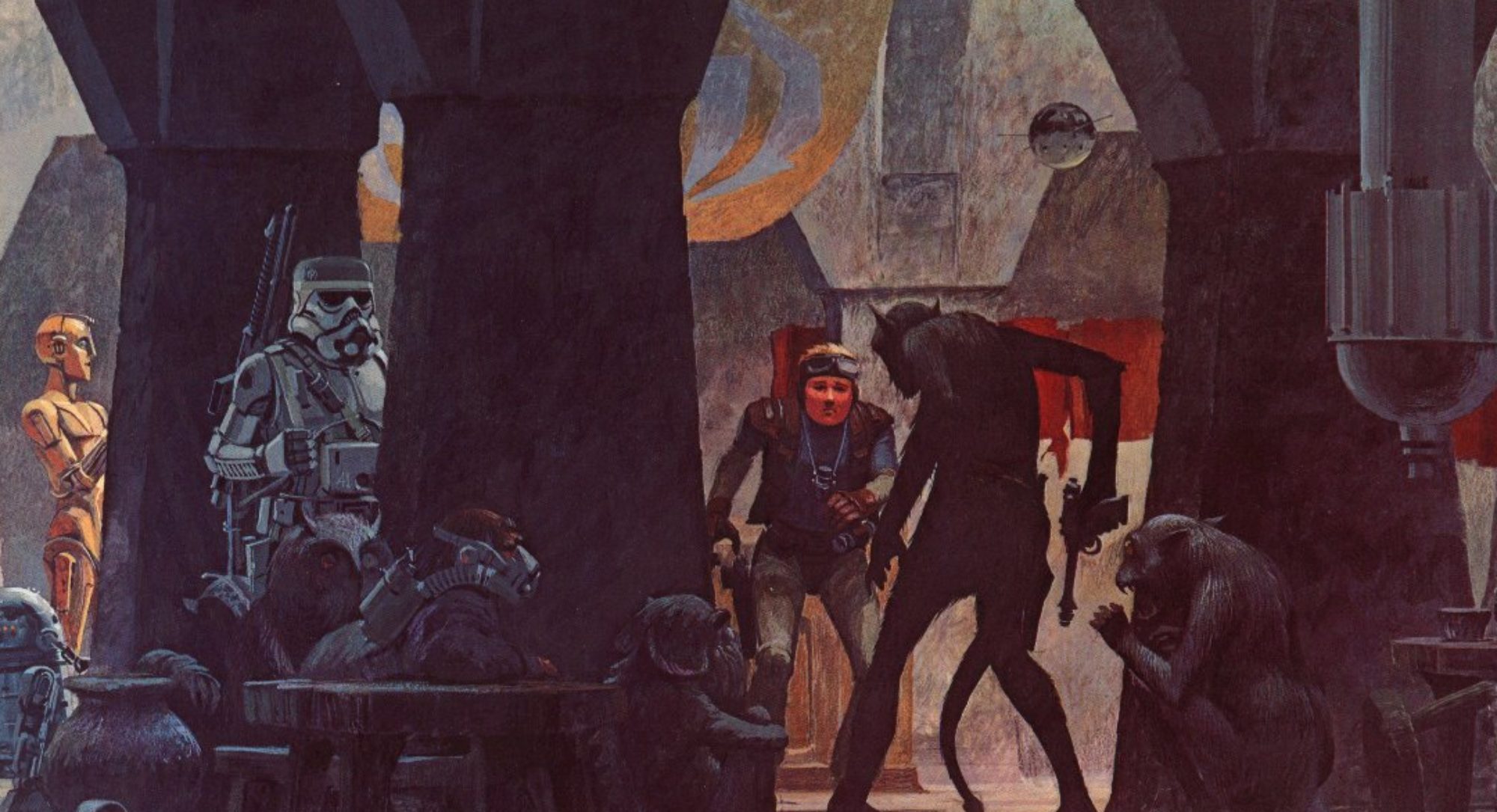 The Man With the Golden Gun was published posthumously — and there is some controversy regarding whether or not it was partially ghost-written from an incomplete manuscript, either by Fleming’s editor, William Plomer, or by Kingsley Amis (who would go on to write Colonel Sun, the first post-Fleming Bond novel under the abortive house name of “Robert Markham” in 1968 — a great book, by the way, and a real shame that the line wasn’t continued). Personally, I’m of the opinion that it is a Fleming novel, albeit not one polished to his usual standards — which may have been a factor of his sudden death, or, more likely, his stated dissatisfaction with continuing the series.
The Man With the Golden Gun was published posthumously — and there is some controversy regarding whether or not it was partially ghost-written from an incomplete manuscript, either by Fleming’s editor, William Plomer, or by Kingsley Amis (who would go on to write Colonel Sun, the first post-Fleming Bond novel under the abortive house name of “Robert Markham” in 1968 — a great book, by the way, and a real shame that the line wasn’t continued). Personally, I’m of the opinion that it is a Fleming novel, albeit not one polished to his usual standards — which may have been a factor of his sudden death, or, more likely, his stated dissatisfaction with continuing the series.
The plot features Bond showing up in London after a year missing, and immediately attempting to assassinate M. It is revealed that he travelled to Russia from his amnesiac life as a Japanese fisherman, where he was brainwashed by the KGB. A bit of unsatisfying handwavery leads to him being “unbrainwashed”, and, to prove himself again, he is sent by M to Jamaica to kill a Cuban hitman — Francisco Scaramanga, known as “The Man With The Golden Gun” for his signature weapon: a gold-plated .45 revolver.
Interestingly, the whole thing is a bit of a come-down after the world-threatening plots of the past. The tone and scope of the novel are far grittier (maybe one might even go so far as to use the term “realistic”, for certain values of the word) and sordid. The main villain is little more than a thug, and Bond a tool of his government tasked with removing him. Of course, there is more than meets the eye — a simple assassination job turns into an investigation that reveals Scaramanga working with the American mob and the KGB to destabilize the Caribbean sugar industry (thereby increasing the value of Cuba’s sugar crops) — but even this plot is more grounded that we’ve seen before.
Bond is far less of a superhero than he’s ever been before — and there even seems to be a grudging acceptance of Britain’s post-colonial position in the world, rather than the earlier fantasies of Imperial glory-days. Towards the end of the book, Bond is assisted by the Americans, not his own people. The interests of Britain are largely meaningless — little more than playing sidekick to the maneuverings of the US vs the USSR. Bond manages to kill Scaramanga, of course — but in the end, it’s little more than a completed assignment, not a move that saves the world, or defeats the enemy. The world that Fleming paints seems to tell us that he felt that the glory days were truly over — the Empire was gone, and the noble man of action was meaningless in a world filled with Scaramangas.
Later this week, we wrap up the Tour de Bond with the last book of the canon, Octopussy and The Living Daylights (1966), and a brief look at the post-Fleming Bonds.

